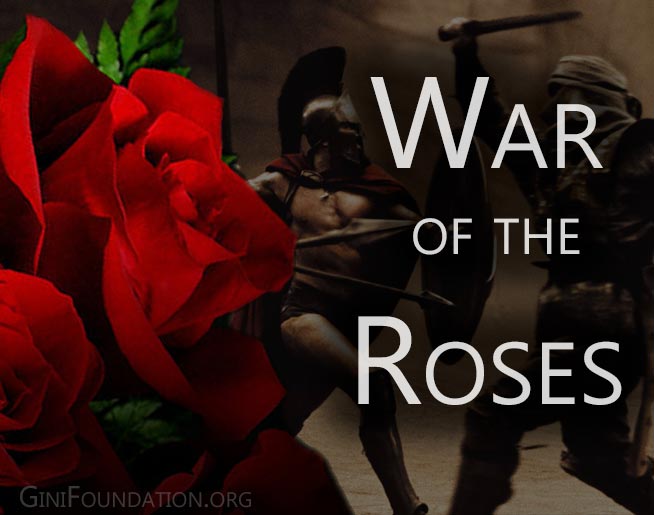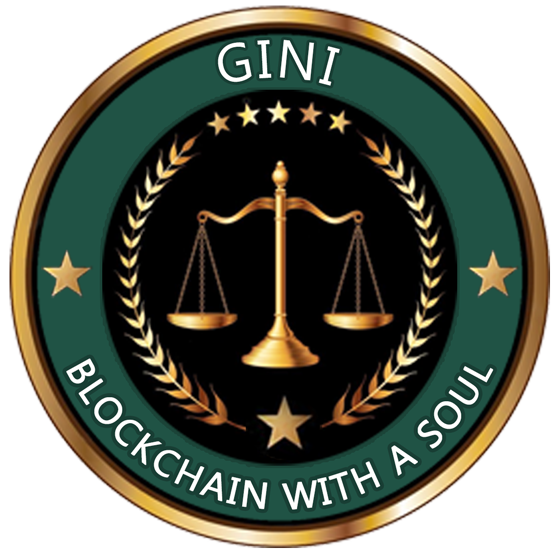How Can We Help?
What is Justice?
 I've recently had to deal with a difficult dispute resolution process between two parties that believe they're each on a crusade for justice. It's one of the most toxic situations I've ever seen outside of an actual bloody war zone. Their dispute has bled over into my life in several ways, which is sad and painful. This experience has taught me several important lessons. . . .
I've recently had to deal with a difficult dispute resolution process between two parties that believe they're each on a crusade for justice. It's one of the most toxic situations I've ever seen outside of an actual bloody war zone. Their dispute has bled over into my life in several ways, which is sad and painful. This experience has taught me several important lessons. . . .
Justice is not about money or success. Justice is about the intrinsic equity in human events and relationships. For example, when we prosper because of somebody else's work, we commit injustice if we don't compensate them proportionately for their work. Measuring this proportionality can be difficult. However, it's very important to demonstrate that we are making a good-faith effort to fairly and objectively quantify how much somebody has helped us along our path to wealth and success. Without this demonstration of good faith, the relationship will quickly deteriorate.
Potential opportunities to collaborate in the future have nothing to do with injustice in the present. Sometimes people try to entice you by dangling the carrot of some opportunity in the future to ignore their injustice in the present. This can be difficult to resist, especially if the opportunity seems credible and exciting. However, unless you have a concrete way to quantify and evaluate the probability of that opportunity coming to fruition, this kind of carrot is often simply an evasion tactic and a distraction from the real issue that is causing the injustice in the first place.
Ignoring injustice produces toxic outcomes. In response to one of the combatants in this case, I empathetically said, "You fight for justice now because now is when it hurts. Waiting till later simply allows the injustice to fester and poison your life." Unless we have a really good reason to suppress our feelings of pain and injustice, it's usually better to confront the pain and injustice sooner than later.
Injustice is caused by a deficit of empathy. In the Gini book, I described the concept of "institutional empathy" and how to engineer human empathy into technological and institutional governance systems without succumbing to the trap of emotional subjectivity. In the dispute between these particular combatants, I observed that neither one of them really understands how their own choices create pain and injustice for others. By definition, this is a lack of empathy, which can be caused by a neurological (i.e., genetic) or a stress-induced deficiency of empathy. Regardless of its source, when a person can only see their own pain, that's all that exists for them; so they will ignore the pain of others. This prevents good-faith compromises and meaningful reconciliation. (See a related phenomenon in the Eanfar.org article, Poverty & Genocide: Fueled by Psychological Distancing.)
Genuine empathy produces authentic buy-in. I did not agree with the approach taken by either of the combatants. I warned them for many months that litigation is toxic and costly on many levels and it often produces unexpected and unintended consequences. As I predicted, the result from this case is the near-total destruction of all the relationships involved, thousands of man-hours and dollars wasted, and pending criminal action against one of the combatants. Had the parties taken the process of getting buy-in from the people impacted by their choices, none of this would have happened. This is a sad story, but I suspect thousands of family and business partnerships break-up every day around the world because of people who make decisions without getting meaningful buy-in from other humans who are impacted by their decisions.
No buy-in is how democracies disintegrate. As I observed this dispute at the micro-scale, I realized that macro-scale democratic institutions start to crumble for the same reasons: Self-serving politicians who lack empathy for their citizens' real-world suffering start making decisions without getting buy-in from the citizens that are impacted by their decisions. Then, that feeling of injustice causes the citizens to revolt and engage in violent revolution after they realize their interests are being ignored. I've discussed this in various ways in our Gini books and articles, but it's interesting to think about how empathy and buy-in apply to both the micro- and macro-scales.
Blind justice crusaders. One of the most interesting observations from this experience is how quickly justice crusaders often dismiss the injustice that they cause for others. They cannot see the injustice of their own actions through the thick fog of their victim mentality. We see this occur frequently with so-called social justice warriors in YouTube videos and ideological debates in the media. When confronted with their own unjust actions, justice crusaders often do everything possible to trivialize your feeling of injustice because they can't perceive any feeling of pain or injustice outside their own head. Or, they consciously or unconsciously engage in a pain/injustice pissing contest: If they think your pain/injustice is smaller than theirs, then it's too small to even acknowledge.
The line between justice and greed. In a secondary dispute with one of the combatants, I said, "I'm asking for nothing more and nothing less than what you want for yourself. If you really care about justice, then you should honor and respect my feelings and give me justice for all my time=money=life that you consumed during your crusade." ("Time=money=life" is an important principle in both of my previous books.) This person believes they will get a large court settlement, which would be a cause for celebration if they did not ignore how unjust it is to prosper from the work of others without compensating the people who make that prosperity possible. Lesson: Never assume a justice crusader will care about your interests even if you spend 150-200 hours of your irreplaceable time=money=life helping them achieve their financial windfall.
This is what it feels like to be a casualty of a rage-driven crusade. After feeling exploited for several months, I stopped helping that person and said:
Friends and family can be the worst perpetrators of injustice. It's well-known that friends and family are often the most manipulative creatures in our lives. The primary reason for this is that they try to get away with things within the context of an intimate relationship that they would never try to do with people they have no emotional leverage over. In an intimate relationship, they can inject the concepts of "love" and "loyalty" into conversations as emotional leverage to compel us to act against our own interests. They can say things like, "If you were really loyal and loving, you would not expect any compensation at all." When friends or family do that to you, refer to the next paragraph.
Time is our most precious asset. It doesn't matter whether your work leads to somebody getting $1 or $1 billion, it's never acceptable for anybody to receive money from your hard work and then completely ignore the irreplaceable time=money=life you expended to make their financial windfall possible. Always insist on being compensated for your work, especially if your work is expected to bring wealth to somebody else. This is important no matter who it is (family, friends, corporations, etc.) because nothing is more valuable than your time.
Equity + Proportionality = Justice. There's no moral or rational obligation to help anybody who disregards the value of your time, especially when they have (or expect to have) the resources to compensate you for the prosperity you have helped to create for them. This is the essence of proportionality, which is essential to achieve equity in all personal and institutional relationships.1 Given that our time is the most precious and irreplaceable asset of all, those who disregard the value of our time are among the worst perpetrators of injustice.
1. See also How Should Economic Value be Distributed?
Did You Like This Resource?
Gini is doing important work that no other organization is willing or able to do. Please support us by joining the Gini Newsletter below to be alerted about important Gini news and events and follow Gini on Twitter.

